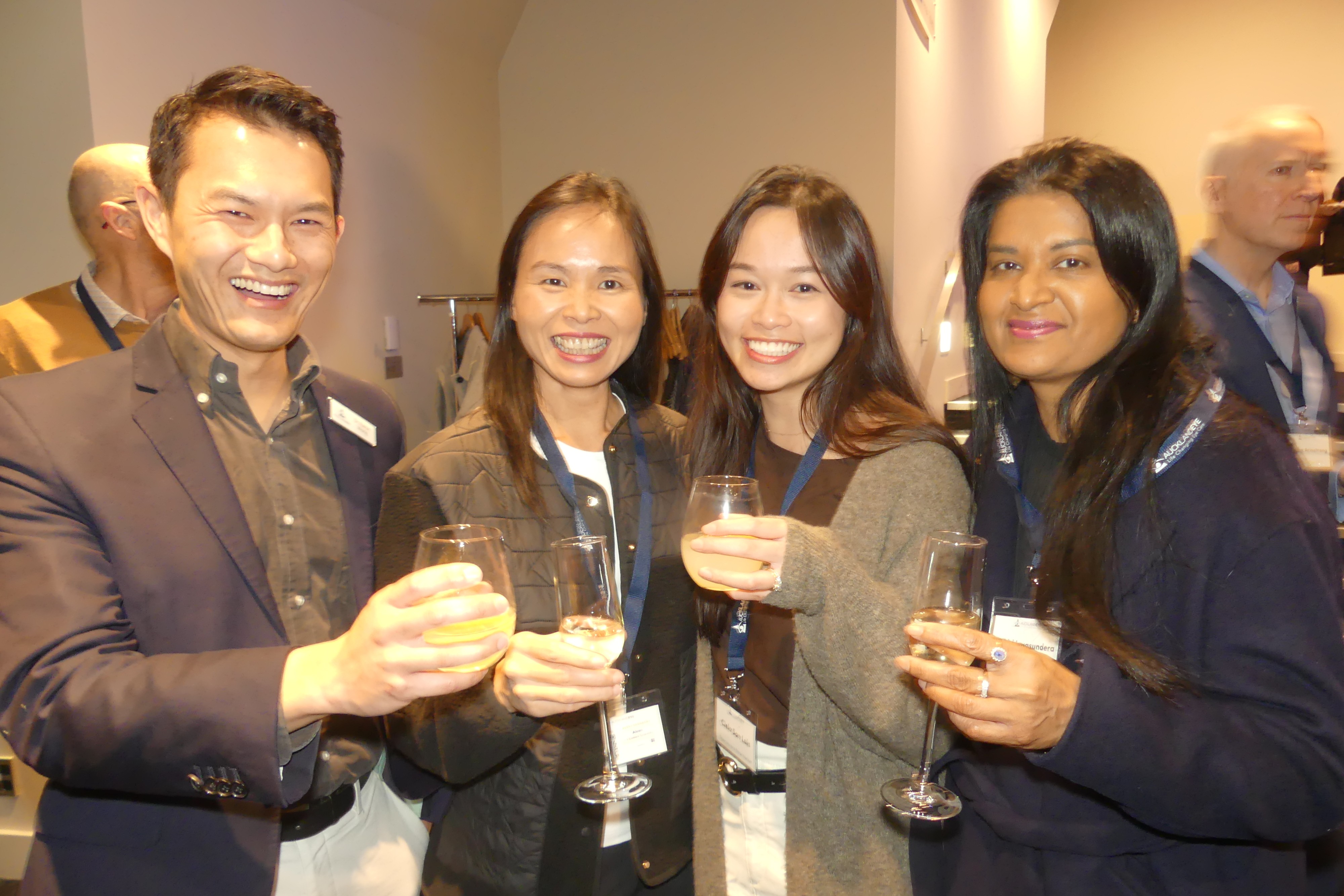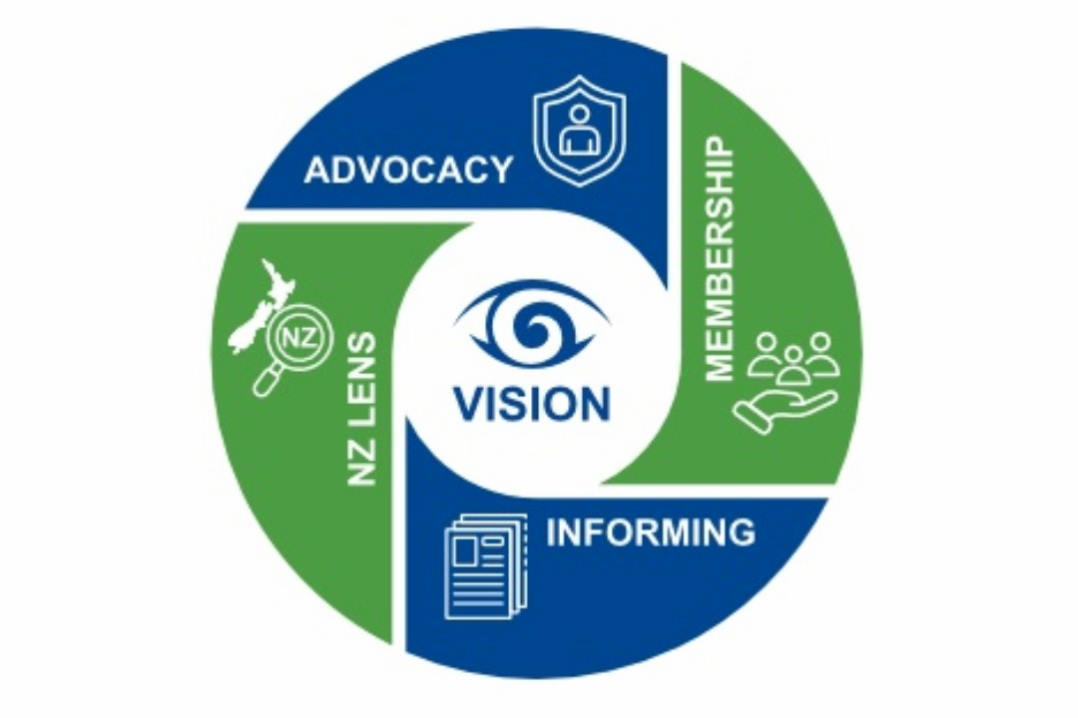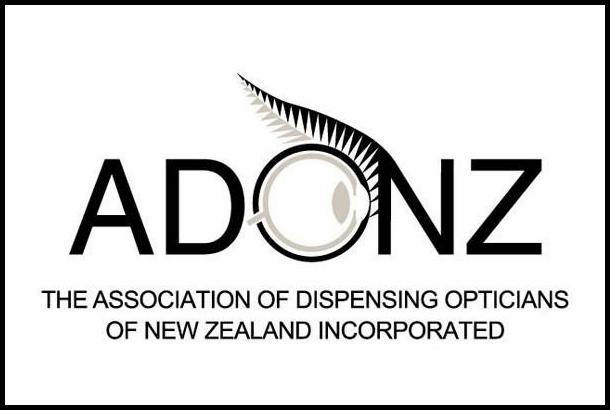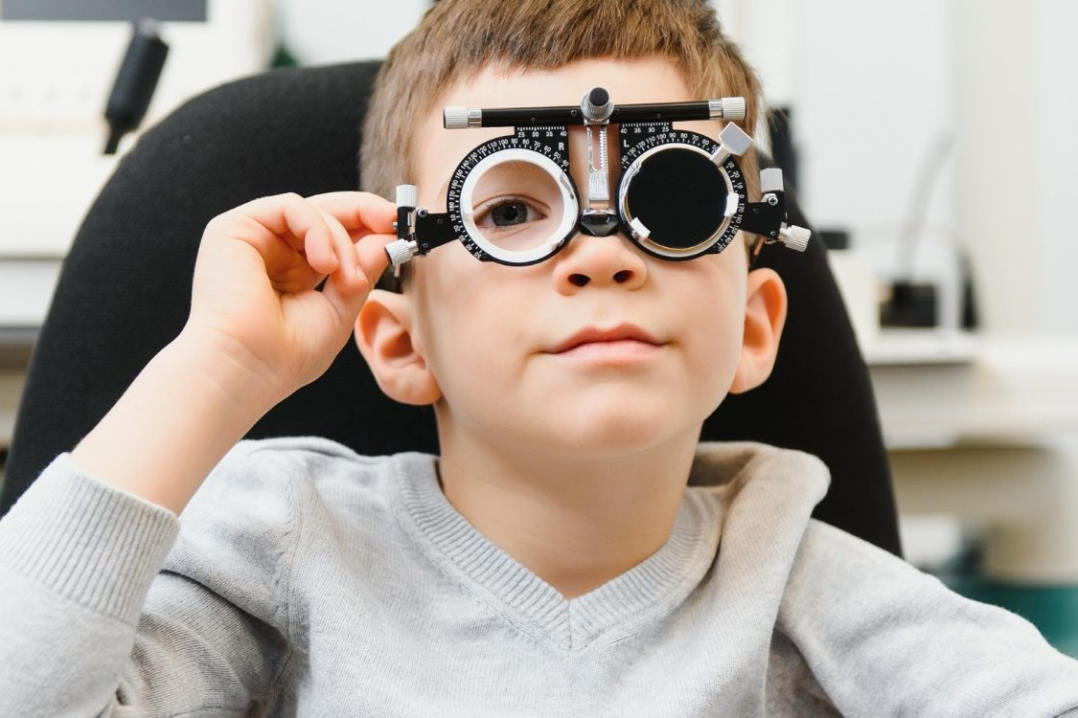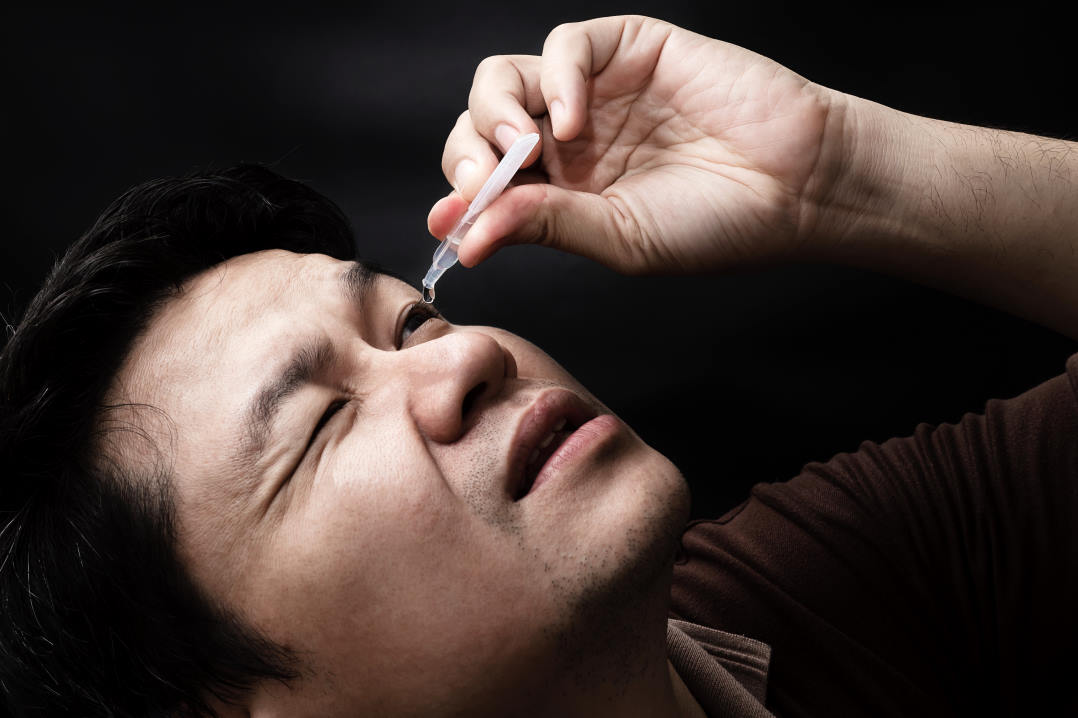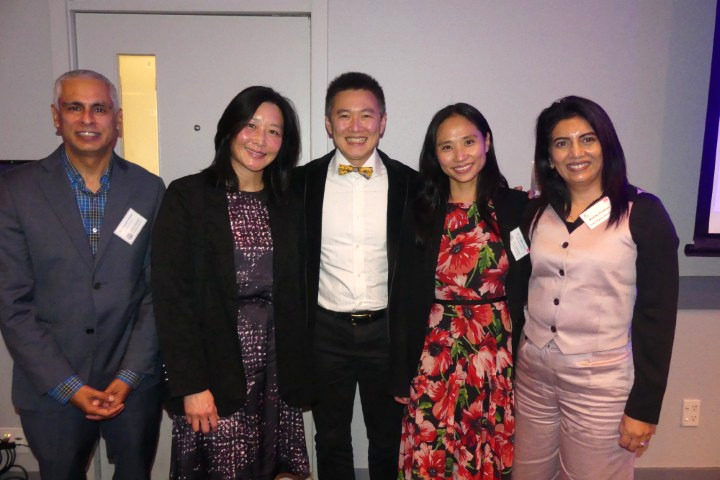Tour of tomorrow
Given that Silmo is all about eyewear, it was a surprise to find its 2019 Silmo Next exhibition was proposing the practice of the future might not have any eyewear displays!
Silmo Next is an interactive space designed to focus the mind on what could lay ahead at the annual, Paris-based optical fair. This year, Silmo’s Next partners were Sébastian Brusset of optical industry-focused development and marketing company, Just Add Water, and Oxford-based Karl Turley of 3D solutions company, Fuel 3D, who were both convinced digital innovation is rewriting retail’s future.
Brusset and Turley’s practice-of-the-future consisted of three walls of floor to ceiling digital screens, allowing patients to virtually ‘try on’ a range of different frames. Once they’d decided what suits them (with the help of an optician, stressed Brusset) the patient is presented with three or four different, physical frames from underneath a central console to try on, properly.
The set-up particularly lends itself to 3D-frame printing, said Brusset, which can be done in tandem with independent frame designers who could supply the designs. These frames could be a mixture of 3D printing, so they fit well, and other materials for style and look, for example, he said. “[The practice of the future will be] much more curated. Like selling watches or jewellery, you’ll be serving four or five frames rather than saying, ‘go and look at my 1000 frames’.”
According to Fuel 3D’s UK and US research, one in four people struggle to find a frame that fits and one in three admit they don’t like shopping for eyewear. So, this more personal service should help these people, said Turley. Patients can even use the system at home as it designed for iPhones and iPads (and Android is coming) and then come into the store to complete the purchase, he said.
Causing more questions, and perhaps concern, was Turley and Brusset’s enthusiastic assertion that given their 3D styling system was also a digital centration platform (so, it can fit progressive lenses etc.) it could support better online retailing. But neither were interested in designing or selling eyewear, they said, instead they wanted to partner with others in the eyewear market to offer this experience through practices.
“It’s all about ordering frames based on fit,” said Turley. “Personalisation is a huge thing in today’s world… and because opticians have an understanding of data and fit, they can use this knowledge and this technology to set themselves apart.”
Many other retail categories, such as footwear (think Nike) or the car industry (Tessler and Audi), are looking to limit choice through technology, he said, which is why Fuel 3D believes it’s an interesting market.
The current retail system is too overwhelming for people, added Brusset, and it doesn’t offer an experience, and today’s customers want experience, preferably a very personal experience. “With this technology, we can now make something very bespoke or provide an alternative way for delivering branded product.”










